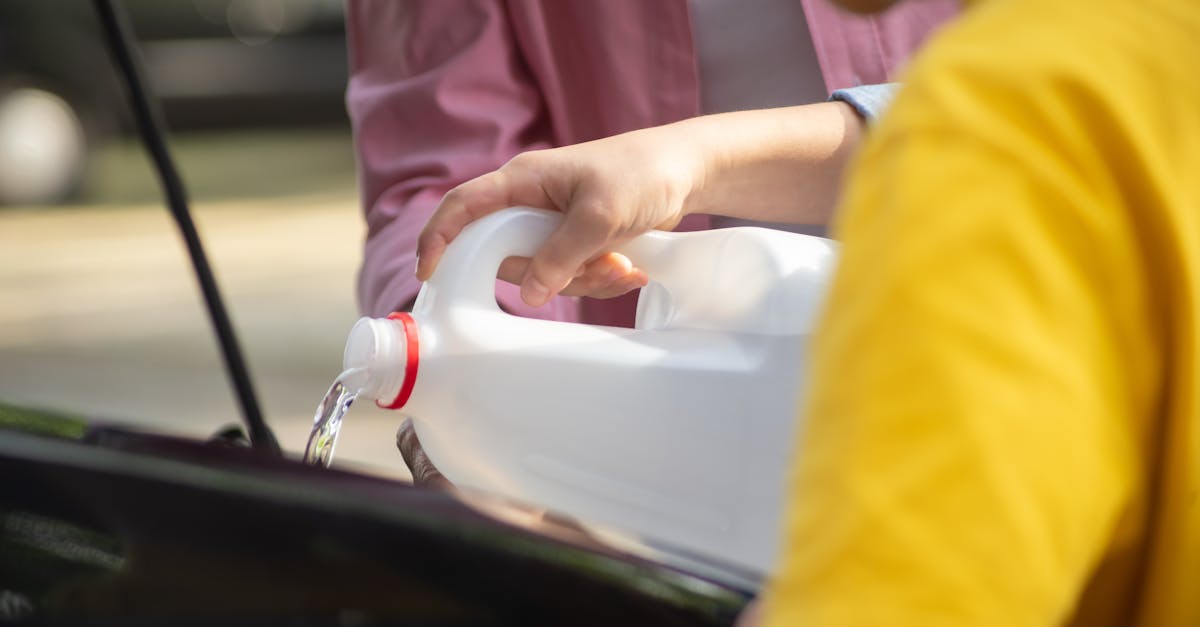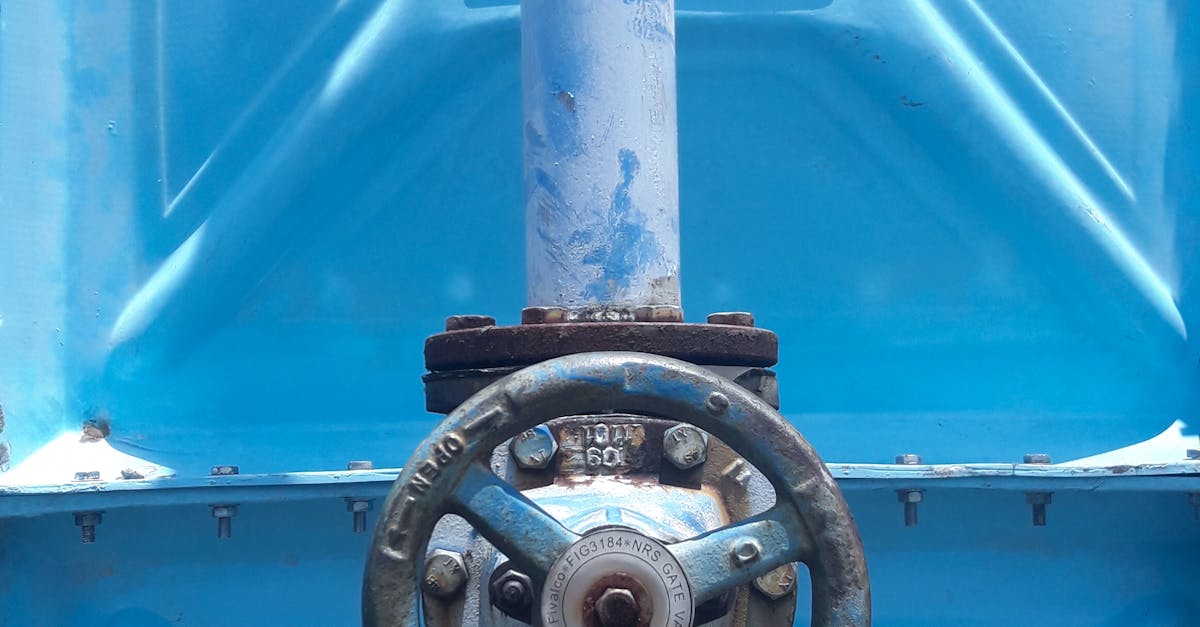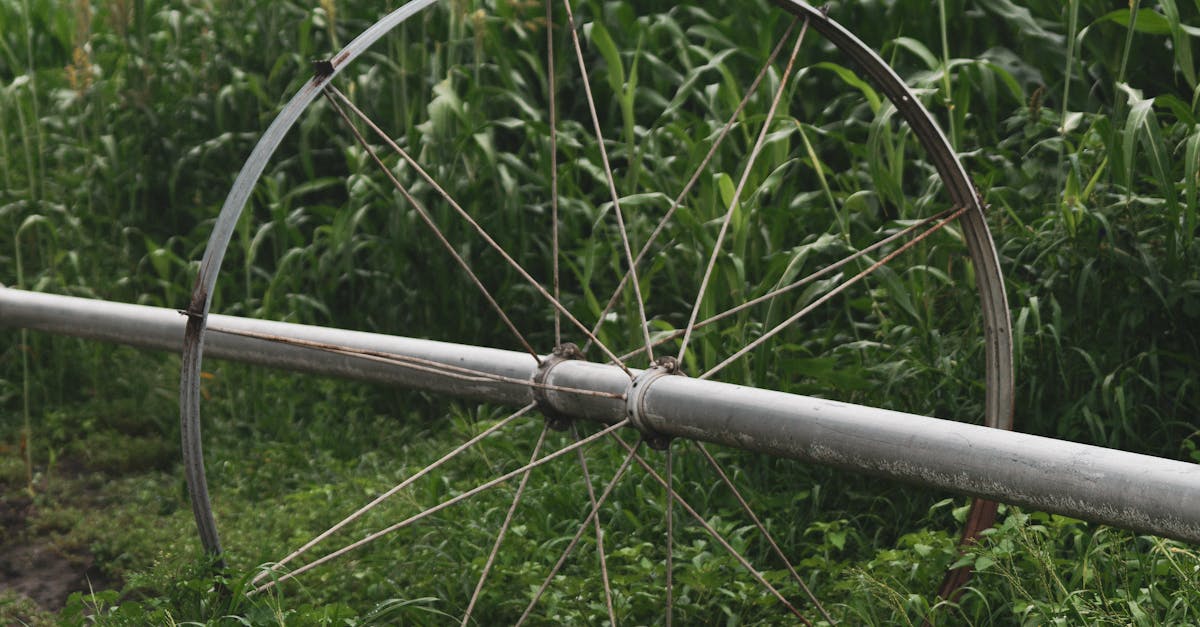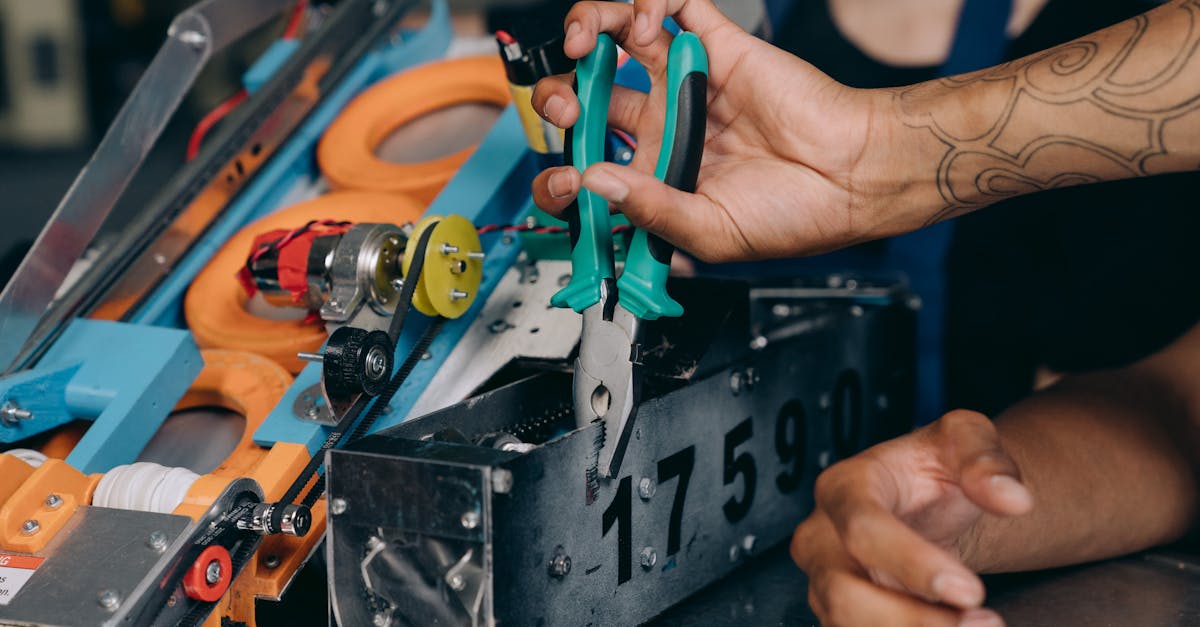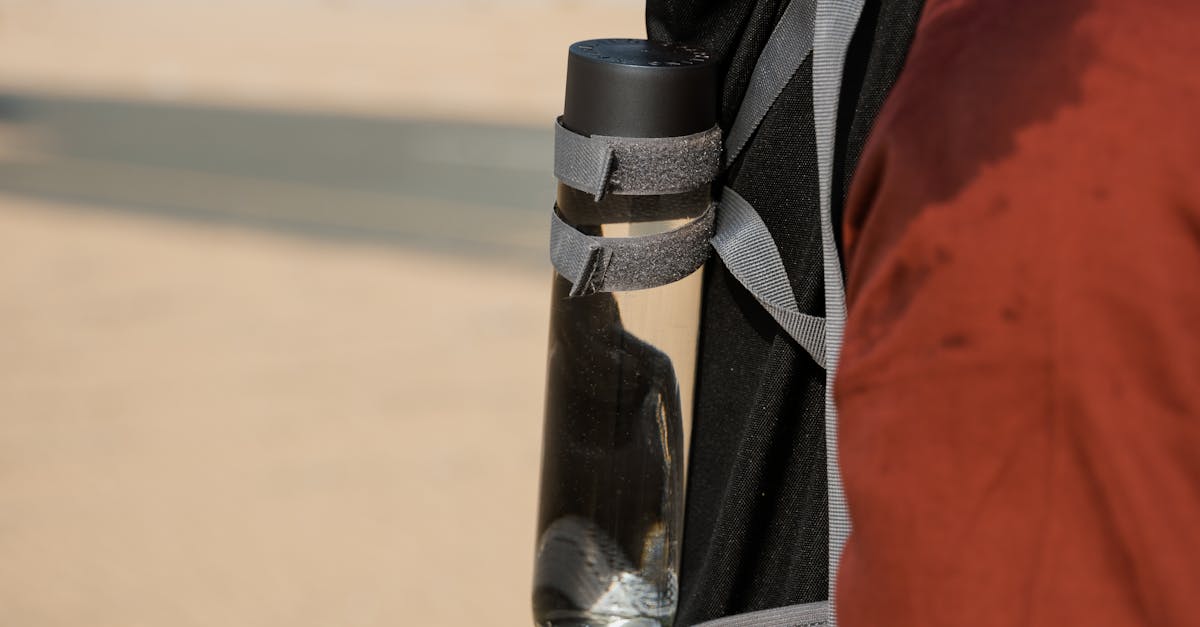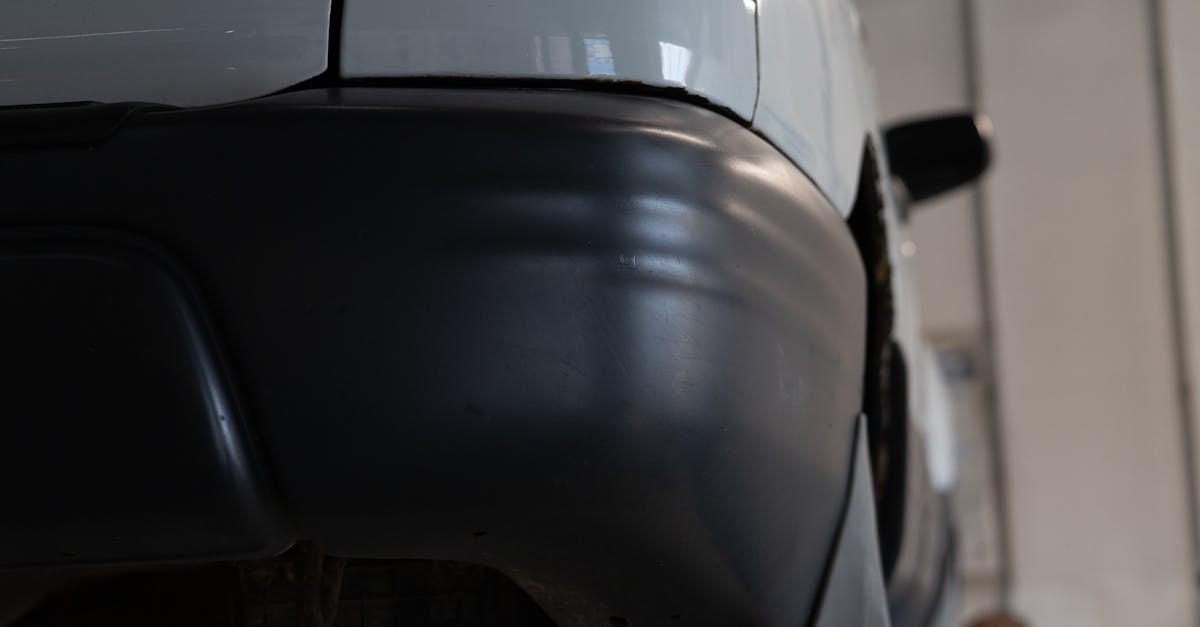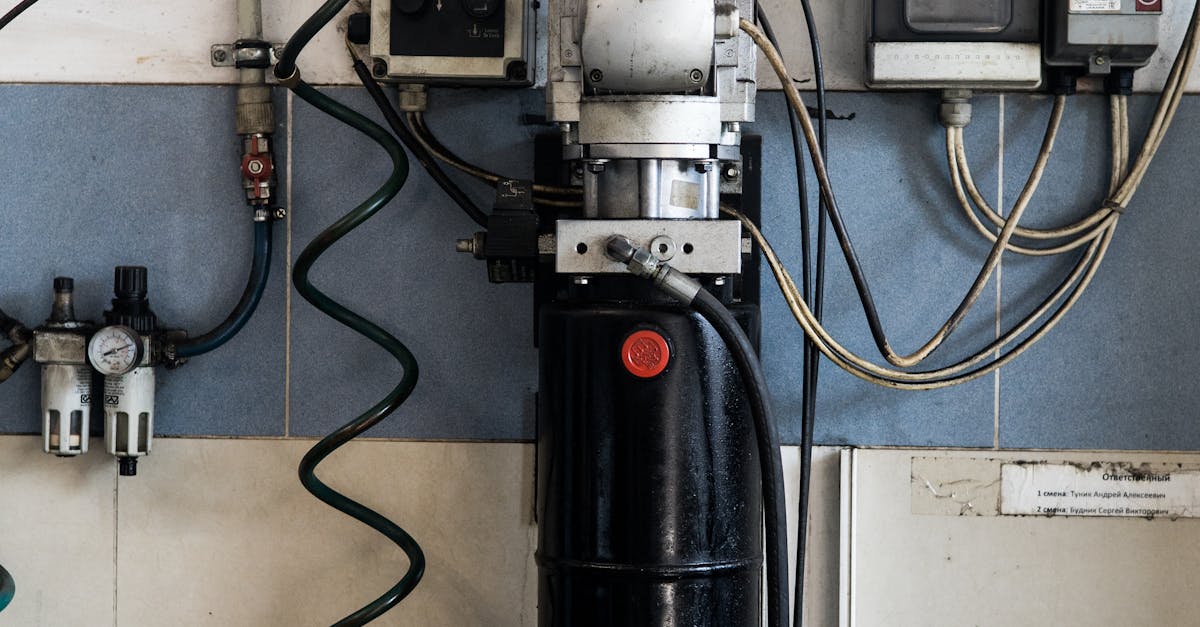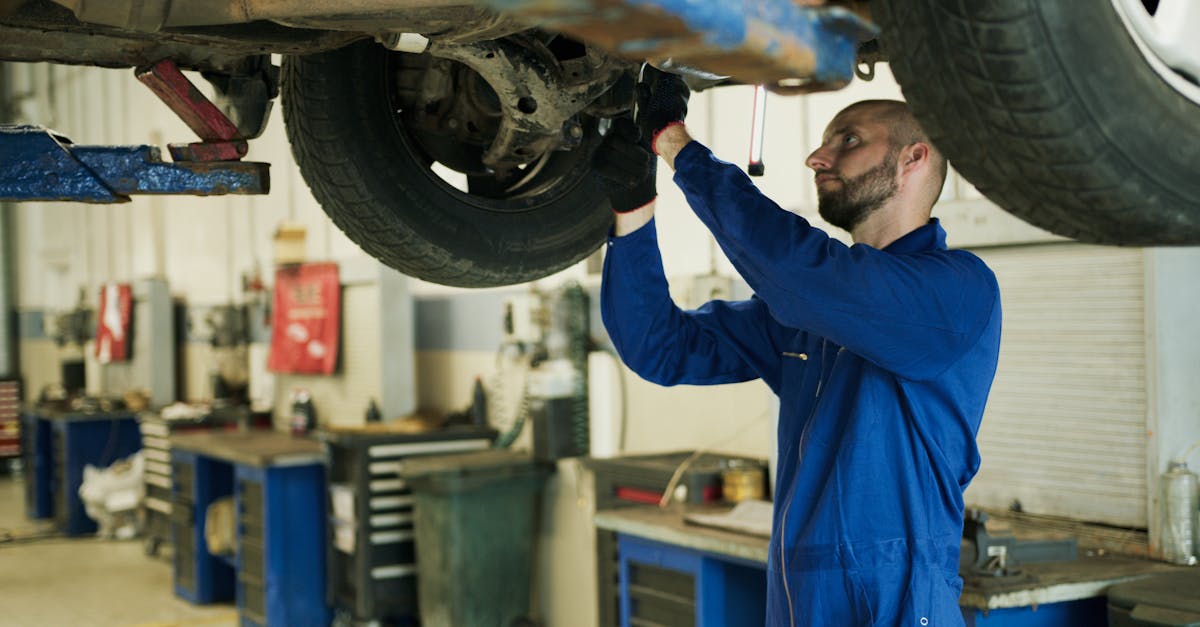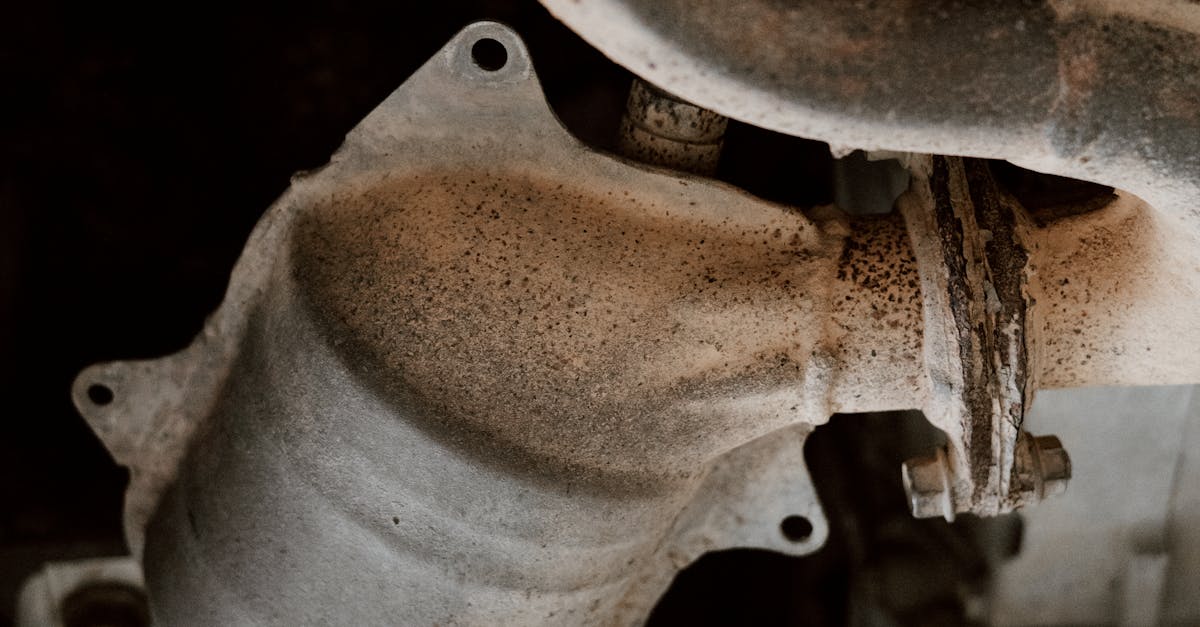
Table Of Contents
Checking for Leaks in the System
Inspecting your hot water system for leaks is crucial in diagnosing sudden issues. A small leak can significantly reduce the efficiency of your water heater. Check around the pipes, fittings, and the tank itself for any signs of moisture. Pay attention to the connections where water flows in and out, as these areas are common sources of leaks. If you notice any dripping or pooling, it may require immediate attention.
In some cases, sneakily hidden leaks behind walls or in crawl spaces can go undetected. Performing regular inspections can help identify these problems early. If you suspect a major leak or find that your system requires extensive repairs, consider contacting a qualified professional for hot water system repair. Early intervention can prevent more extensive damage and save on costly repairs in the long run.
Identifying Water Loss and Its Impact
Water loss in your hot water system can lead to several issues, including reduced efficiency and increased energy costs. If you notice a sudden drop in hot water availability, it might be indicative of leaks in pipes or connections. These leaks can go unnoticed for a while, resulting in significant water loss and putting additional strain on the water heater. Identifying the source of the leaks early can prevent larger problems and costly repairs, making it essential to inspect your system regularly.
The impact of water loss goes beyond just inconvenience. It can lead to mold growth in areas with persistent moisture, posing health risks to occupants. Moreover, neglected issues in the hot water system require more extensive repairs over time. Taking immediate action, such as seeking Hot Water System repair, can help mitigate these risks and restore effective functionality to your system. Regular maintenance checks can further help in spotting potential leaks before they escalate into more severe issues.
Understanding Cold Water Inlet Issues
Cold water inlet issues can significantly affect the functionality of a hot water heater. When there is a problem with the cold water supply, such as a blockage or a failure in the inlet valve, it can prevent the heater from receiving water necessary to generate hot water. This can lead to insufficient heating, fluctuating temperatures, or even complete lack of hot water. Identifying these problems early can often minimize the need for extensive Hot Water System repair.
Understanding how the inlet valve operates is crucial for troubleshooting potential issues. An inlet valve that fails to open can stop water from entering the heater tank, while one that is partially blocked can cause uneven distribution. Regular maintenance and inspection of the cold water inlet can help ensure that the water heater runs efficiently and provides consistent hot water. If problems persist, seeking professional assistance for Hot Water System repair may be necessary to restore proper functionality.
Analyzing Inlet Valve Functions
The inlet valve plays a critical role in the operation of a hot water system. Its main function is to regulate the flow of cold water into the heater. When this valve malfunctions, it can prevent hot water from being produced efficiently. Clogged filters, debris buildup, or mechanical failures within the valve can hinder proper function. As a homeowner, it is essential to check for these issues. If your valve is stuck in the closed position or if there are signs of corrosion, consider scheduling a hot water system repair.
To analyze the inlet valve functions effectively, you should first ensure that the water supply is uninterrupted. Inspect for any visible leaks around the valve and listen for unusual sounds when the system is operating. If you suspect a fault, turning off the water heater and examining the valve components may be necessary. In some cases, cleaning or replacing the valve can restore functionality. If you’re unable to identify the issue, it may be time to consult with a professional service specializing in hot water system repair.
Evaluating the Age of Your Water Heater
The age of your water heater plays a crucial role in its overall performance and efficiency. Most traditional tank water heaters have a lifespan of about 10 to 15 years, while tankless models often last longer, up to 20 years. Regular maintenance can extend the life of these appliances, but wear and tear is inevitable. If your heater is approaching the end of its expected lifespan, it may be time to consider available options. Frequent repairs can become costly, surpassing the expense of a new unit.
Deteriorating heaters can lead to inconsistent hot water availability. If your unit is older and showing signs of inefficiency or failure, it could also result in increased energy bills. Homeowners should assess not just the heater’s age but also any specific inefficiencies observed. In some cases, investing in a hot water system repair might provide a temporary fix. However, evaluating the long-term needs of your household can guide decisions about replacement versus repair.
Determining When to Replace
When determining whether to replace your water heater, consider its age and overall performance. Most conventional water heaters last between 10 to 15 years. If your unit is nearing this age, you might experience a decline in efficiency, leading to increased energy bills. Continuous maintenance issues often signal the need for a replacement rather than costly hot water system repair, which may only provide a temporary fix.
Frequent repairs can become a financial burden, as the cost of maintaining an aging unit can surpass the expense of investing in a new one. Signs that replacement may be necessary include inconsistent water temperatures, visible rust or corrosion, or leaks around the tank. Evaluating these factors can help you decide if it’s time to upgrade your hot water system for a more reliable and efficient solution.
FAQS
What are some common reasons for hot water not working?
Common reasons include leaks in the system, issues with the cold water inlet, and the age of the water heater.
How can I check for leaks in my hot water system?
Inspect pipes for visible signs of moisture, check water meter readings for unexpected changes, and look for damp spots around your water heater.
What should I do if I suspect a problem with the cold water inlet?
Analyze the inlet valve functions by checking if the valve is open and inspect for any blockages or malfunctions that could be affecting water flow.
How does the age of my water heater affect its performance?
Older water heaters may become less efficient and are more likely to develop issues, making it essential to assess their condition and consider replacement if necessary.
When should I consider replacing my water heater?
If your water heater is significantly outdated (generally over 10-15 years old), frequently requires repairs, or shows signs of rust or leaks, it may be time to replace it.


